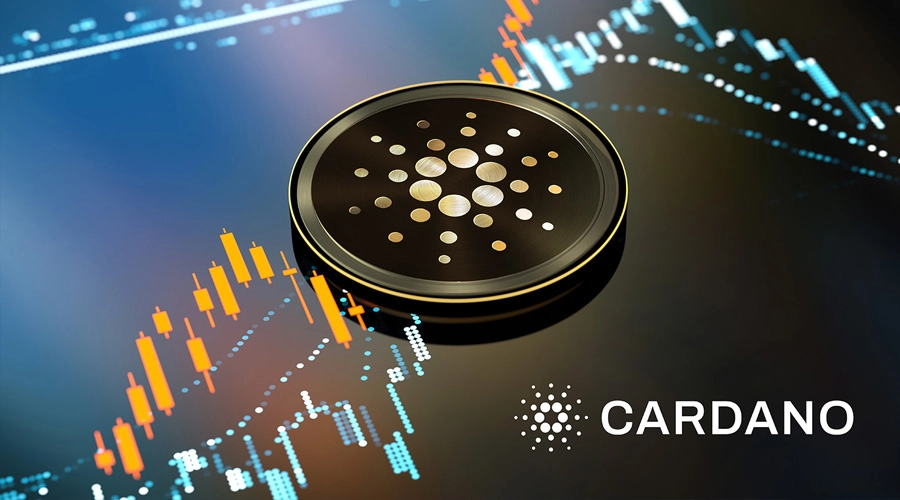- Cardano has announced a new data privacy-focused side chain called Midnight (DUST).
- Despite the controversy, the announcement has raised with Midnight, it is poised to increase the value of ADA.
Cardano has introduced a new side chain that has been the source of new controversy between the Cardano and Monero communities. Called Midnight (with native token DUST), the data protection-focused layer 2 protocol is poised to increase the value of the Cardano ecosystem.
Charles Hoskinson, the founder of Cardano core developers Input Output Global (IOG), announced the side chain during IO Scotfest, an event organized by IOG and Edinburgh University in Scotland.
Hoskinson explained that Midnight would be underpinned by zero-knowledge-proof technology and will have functionalities that go beyond privacy-coin projects like Monero (XMR) and ZCash (ZEC).
Essentially, Midnight will deliver “zero-knowledge-proof smart contracts” on Cardano using a programming language that developers are already very familiar with. It will also allow for users to choose between preserving privacy completely or allowing some level of access to their data as opposed to current privacy coins where everything is anonymous by default. Hoskinson said;
Midnight has evolved privacy-coin technology where everything was anonymous by default, which is what Zcash and Monero did with Snarks and ring signatures,
The announcement also mentions that stakers on the Cardano network will automatically earn DUST tokens in addition to their ADA rewards when Midnight launches. The setup, according to popular Cardano social media influencer ‘ADA whale,’ will give a major boost to the Cardano ecosystem and the ADA market.
Midnight already being compared to Monero (XMR)
The details of the Midnight blockchain have already sparked critical comparisons from one of the biggest Twitter accounts in the community of arguably the most popular privacy coin in the crypto market, Monero.
The Twitter account called the allegation that Midnight would have a “backdoor” that regulators and auditors can use a major failure of IOG. In response, Charles Hoskinson and other members of the Cardano community have debunked the allegation stating that the protocol will only give developers the tools to use in allowing users to choose whether or not to retain their privacy.
That’s the idea because each DApp has a different concept of disclosure. It wouldn’t make any sense at all to do this at the protocol level. You’d have to pick a regulatory winner and colaunch the protocol with them. Sorry I’m not in the eat grasshoppers for lunch crowd,
The account has retracted its allegations after conceding that it likely misunderstood the announcement. However, it still referred to IOG’s research paper that includes an excerpt of a Cardano privacy token having a backdoor.




